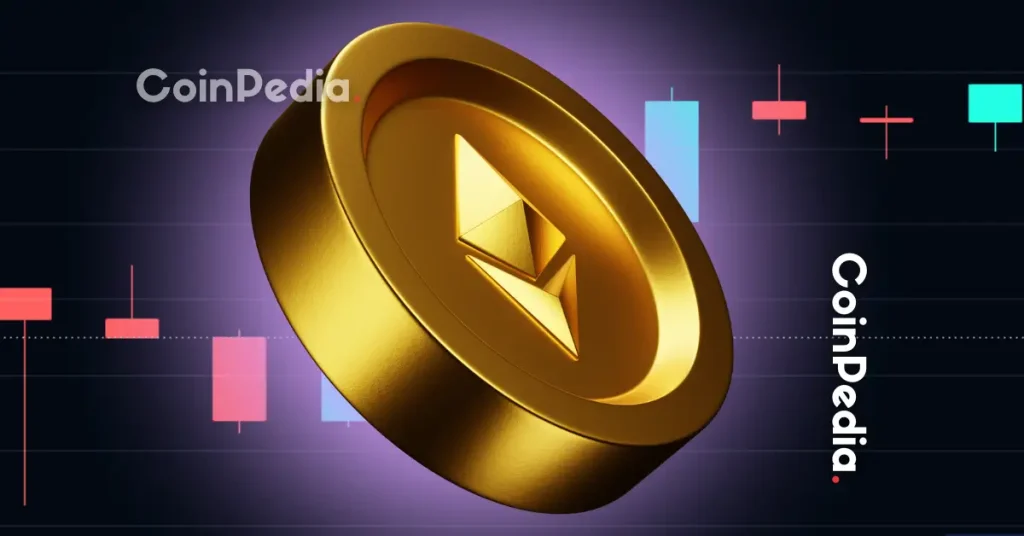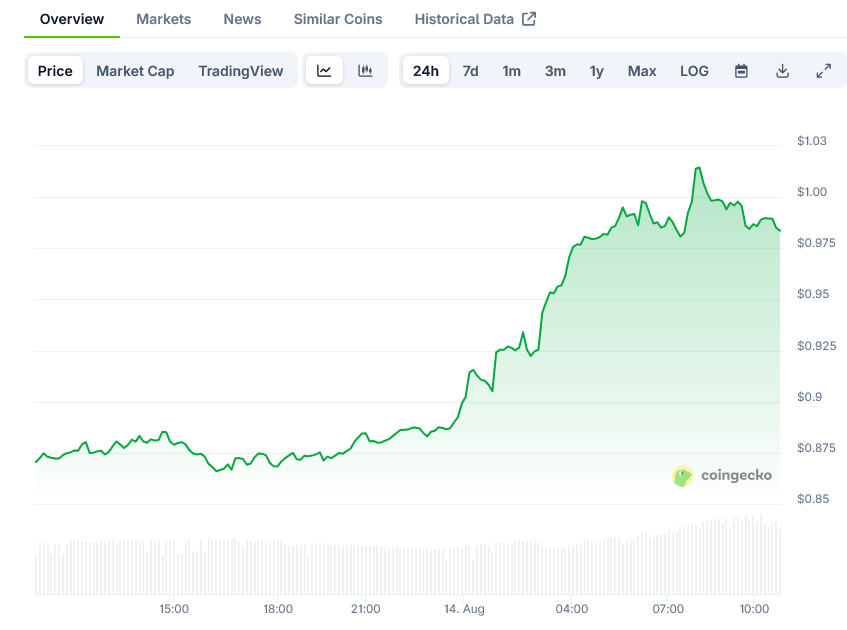14.08.2025 07:51
Google swiftly reversed a controversial policy update that threatened to effectively ban non-custodial cryptocurrency wallets from its Play Store. Initially, the revised policy, as reported by several tech outlets including The Rage, mandated that developers of these wallets obtain banking-style licenses in fifteen key jurisdictions, encompassing the US and the EU. This requirement, involving either FinCEN registration in the US or MiCA authorization in Europe, sparked immediate outrage within the cryptocurrency industry.
The core of the controversy stemmed from the inherent nature of non-custodial wallets. Unlike custodial wallets, they do not hold user funds, making compliance with the stringent licensing demands impossible for developers. This sparked strong reactions from prominent figures like Jack Dorsey, Block's co-founder, who voiced concerns that such regulations would stifle open-source development and drive users towards less secure distribution methods. The industry broadly argued that the policy amounted to a de facto ban on non-custodial wallets in major markets.
Following widespread criticism, Google acted decisively. A clarification was swiftly issued, explicitly stating that non-custodial wallets fall outside the scope of its cryptocurrency policy. The company clarified that the licensing requirements applied exclusively to custodial exchanges and wallets directly managing users' assets. Consequently, self-custody applications were confirmed to remain eligible for the Play Store without further licensing requirements.
Although Google's about-face alleviated immediate anxieties, the incident underscores the significant influence major tech platforms exert on cryptocurrency distribution. The episode serves as a stark reminder of the ongoing uncertainty faced by developers navigating the evolving regulatory landscape for digital assets, a landscape now increasingly shaped by both government regulators and app store policies alike. This highlights the need for clear and consistent guidelines for the industry, sourced from internet sources.











